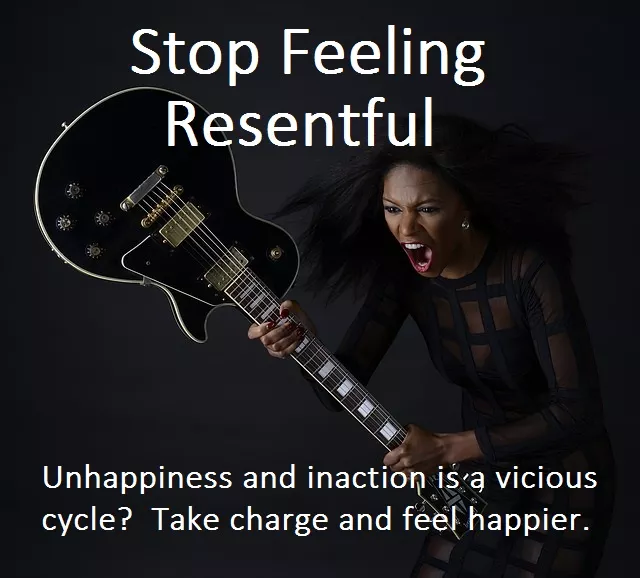Why don't we talk about "non physical" spousal abuse?

Why don’t we talk about “nonphysical” spousal abuse?
The victim often doesn’t even realize she’s a victim. She’s been lead to believe that what she is going through is just “normal fighting.” Everyone fights, right? Except when there’s abuse, there is also fear. It can never be a fair fight when one partner fears the other because the victims lie about the abuse. They don’t talk about what they are experiencing. They downplay their partner’s aggressive or belittling behavior. They protect their partner. They are often in denial, or embarrassed.Because victims stay, they often don’t want to leave. Therefore they stay for longer than they should, and sometimes forever, people might have opened up about the abuse to a friend or a family member in the early days (all the while downplaying it), stating that they will leave if it doesn’t stop. And it doesn’t stop. But they stay. And because they stayed, they feel ashamed to tell that same person that it hasn’t stopped. And, they often have nowhere else to turn. The cycle can go on for years while getting progressively worse.
Because (sometimes) victims are Moms. And they don’t want to lose their family unit. The image they have of what life with kids should be. And because in Canada, even abusive partners are allowed 50/50 custody, as long as they have never been abusive towards the children. And that needs to stop if we want victims to leave. Since many victims are also the primary caregiver, 50/50 custody feels like “losing” their child half the time. So why leave? The victim might not feel that she fits "the mold" because there is no mold. She could be young or old. She could be educated and smart. She might have a good job, or she's struggling to make ends meet. She may be athletic or artistic. She may seem like she has lots of friends. She may even seem happy! Abuse doesn't discriminate. I repeat: There is no mold.
Because no one suspects, the partner is usually well-liked. He shows his wife affection and attention while out in public. He praises her. He compliments her. He expresses love and respect for her and her accomplishments. And she feels that no one would believe her if she opened up about what happens at home.
Because of fear. The female victim is afraid of the man. Afraid to be alone. Afraid of what people will think. And anxious. And she thinks she’s crazy. She has the issues. She needs help for her mental health. She thinks she has it under control. She thinks she’s still ok. She thinks that she can still salvage this. She believes she is still capable of working things out. She thinks that she can still see things.
She’s still going to work. She’s still able to function. She’s still keeping up appearances. She hasn’t completely lost herself… yet.
In his version, he has not battered her. He’s never hit her. He might have pushed and shoved. Slapped her maybe, but does that even count? He may have threatened to hit her or said he’s afraid of hitting her if she doesn’t listen. He may have called her names, shamed her, belittled her, disrespected her, treated her like an object. She might have had to run away from him to avoid a blow… But he’s never actually hit her. So she feels that she can’t claim abuse. It would be unfair to the “real” abused women out there who are real victims. Besides, there are always bruises in the PSA… right?
Because there are “good” times, it’s not always bad. So why would you throw away a marriage that works 75% of the time just because 25% of the time is rough? What she can’t see, however, is that during the 75% of “good” times, she’s modifying her behavior out of fear of the 25%... She can’t see that never knowing how he will react is part of the abuse. She’s always walking on eggshells. She feels like she’s living with Jekyll and Hyde.
Because she loves him, she truly does. And on the days when she hates him, she remembers that she fell in love with the man. And when she falls out of love during an abusive episode, she hopes she’ll fall back in love with him during his “good” periods. So she holds on. She hopes that this time will be the last. She truly wants him to get better. And she faithfully forgives him. She genuinely tries out of love. It’s a cycle. And cycles are hard to break. But it’s not impossible,
She thinks it’s her fault. And it’s not. IT.IS.NOT.YOUR.FAULT.
About the author: A year ago, I started taking action to leave an abusive marriage. It took me a long time to acknowledge that it was abuse. One of the reasons was that I couldn’t identify with other victims of abuse, I didn’t think I fit the mold, even after my therapist had “named” it. How could I be a victim of ill-treatment? I’m a loving person. An artistic, free-spirited and well-educated woman. I work hard; I have a good reputation, my peers like me. I have a few close friends and a great family and extended family. I’m usually optimistic, adventurous and I love to laugh. And I never thought I could be a spousal abuse victim. Even after the holes in the walls, the threats, the name-calling and the shoving. I stayed for years. And I hope that by talking about it, even anonymously, it might help someone… if not a victim, then maybe someone who suspects it’s going on in a loved one’s life. I am now free and although it’s not always easy (mostly because I need to co-parent with my ex) I feel it’s the best decision I’ve made in my life. In the end, I knew I had to leave for my kids, because leaving was the best guarantee that it would break the cycle.
Although almost a year has passed, I’m still shocked at how different my life is now. I’m proud of how far I’ve come and my family and friends have told me how grateful they are to have “me” back.
I’m free.




